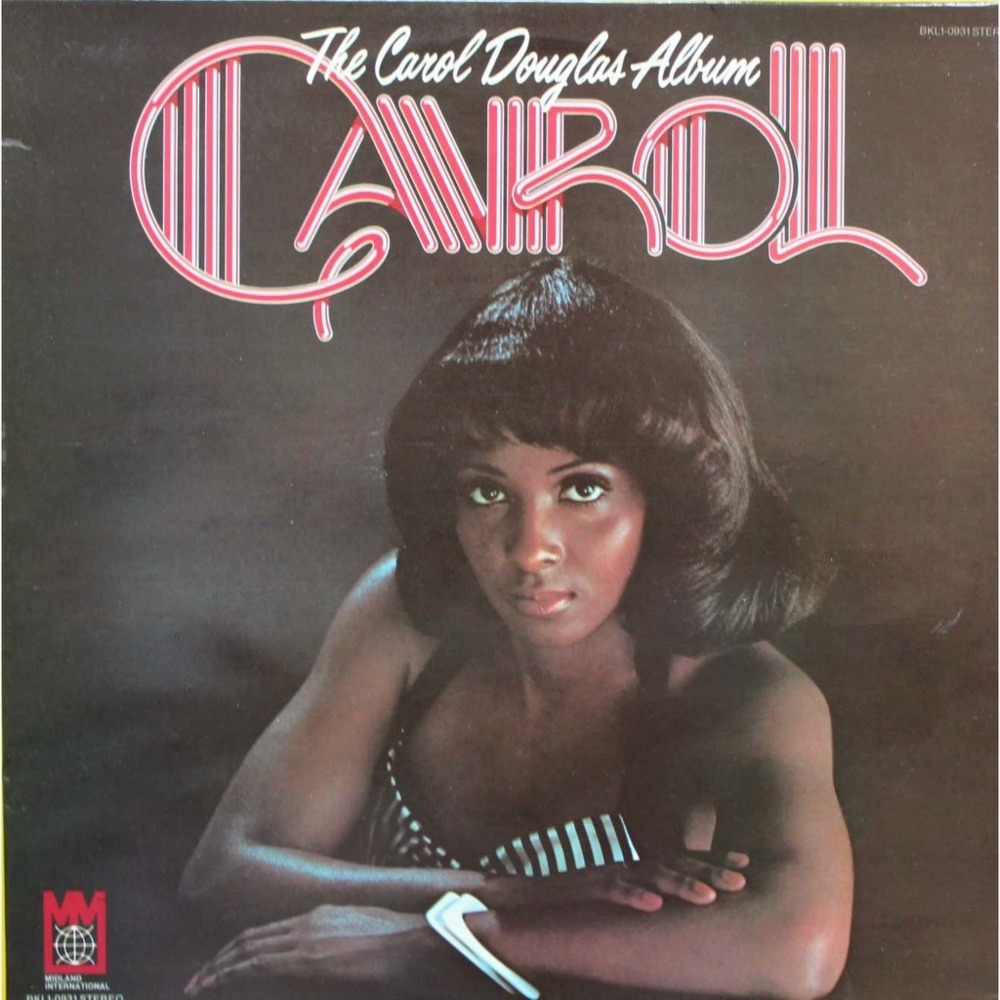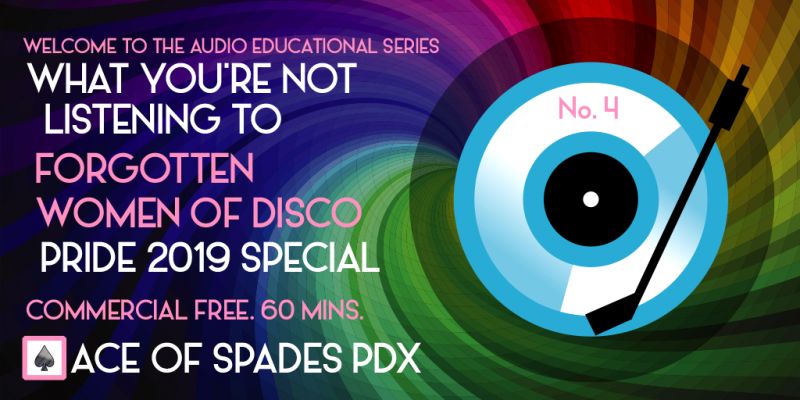Podcast: Play in new window | Download | Embed
This was the sound from back in the day when everything seemed possible. This is the period that was once called the era of Gay Liberation. Think about that for just a second. Liberation. The end result of a revolution. Blacks led the way, and many times we in the LGBTQI community forget this. After the assassination of several of the movement’s brightest leaders in the 1960’s, this spirit of freedom was kept alive by people like James Baldwin, the Black and openly gay writer and activist from Harlem, who saw all oppression as the same.
…a less than subtle racist, misogynist and homophobic backlash…
The decade that followed Stonewall was our moment, or at least we in the LGBTQI community assumed it was. However, we didn’t mind sharing it with other dispossessed populations, namely women, who were concurrently also demanding liberation from an unfair system as well. And, just like the seeds that started the counterrevolution, Black people and their culture also were at the core of what was a part of the experience. This cultural phenomenon was the sound of Disco, emerging from the gay (both Black and White) club scene in New York City, in neighborhoods that were at the time some of the most crime-ridden slums in the U.S.

Disco music was the perfect antidote to what was happening in the 1970’s. With newfound gains made by these marginalized groups, it became the soundtrack to all that people should be doing in response to the truly miserable economic and political turmoil of the decade, which was to remember to dance and have a good time once in a while. What started out in inner city ghettos in the Big Apple in 1971 grew and spread quickly. Disco became mainstream by 1974 and culminated in popularity in 1979. It was primarily producer driven, and laid the foundation of all electronic dance music that has followed in the 40+ years since its inception.
How ubiquitous was Disco by the end of the 1970’s? When it crashed, it almost bankrupted the music industry. One of the reasons for the demise of Disco was due to Rock music fans, almost always white, straight men, who staged violent protests (including a riot at a baseball game, no less) and very publicly wanted Disco gone. This was a less than subtle racist, misogynist and homophobic backlash against this music, the populations it sprung from and its hedonistic culture. By the early 1980’s, a wave of conservatism had spread across the country, as well as the rise of AIDS among the very same populations that Disco had arisen from.
“I’m ready to be celebrated.”
Candi Staton, to the U.K. paper The Telegraph in November 2014
This is a look back at female singers, female vocal groups and female fronted bands of the era; a few of these tracks were top 40 hits; some occasionally pop up on soundtracks and in club retro nights as memories of a long forgotten time, when the future seemed bright and held many promises.
This program isn’t just a rose colored glasses look back, but a type of protest, in a sense. NYC Pride is celebrating the 50th Anniversary of the Stonewall Riots this month, the gay community’s shot heard around the world. NYC Pride has decided to take money from numerous organizations that have little, if anything, to do with the spirit of liberation that is so desperately needed right now. Some of these organizations have engaged in truly despicable exploitation, including laundering money for murderers. Sadly, so many other Pride organizations have followed suit.
We’re still here and queer. Get over it.
This show is for you, children of the revolution, to remind you that not everything has to come with a price tag or be created at the expense of anyone else. It is time that we stop throwing each under the bus. We’re still here, we’re still queer, and we are still tired of being treated like second class citizens.
To everyone else: support our constitutionally guaranteed equal rights, get over your privilege or get the hell gone. Because honestly, we are done with the excuses, the lies and the drama. Time to let that crap go, and all of us move forward. To those of you who are staying to help us with the fight, still don’t forget to dance. #Stonewall50 #Pride2019
First Part
1. Strut Your Funky Stuff, Frantique
2. Doctor’s Orders, Carol Douglas
3. Just as Long as We’re Together, Gloria Scott
4. In the Bush, Musique
5. You Gonna Make Me Love Somebody Else, The Jones Girls
6. Heaven Must Have Sent You, Bonnie Pointer
7. Armed and Dangerous, First Choice
Second Part
8. Hot Shot, Karen Young
9. Rockin’ Chair, Gwen McRae
10. Young Hearts, Run Free, Candi Staton
11. Shoot Your Best Shot, Linda Clifford
12. Come To Me, France Joli
13. High Society, Norma Jean
Finale
14. After Dark, Patti Brooks
Love to you all.
Ben “Bear” Brown Jr.
Host, Producer, Audio Engineer and Writer
“Copyright Disclaimer Under Section 107 of the Copyright Act 1976, allowance is made for ‘fair use’ for purposes such as criticism, comment, news reporting, teaching, scholarship, and research. Fair use is a use permitted by copyright statute that might otherwise be infringing. Non-profit, educational or personal use tips the balance in favor of fair use.”
